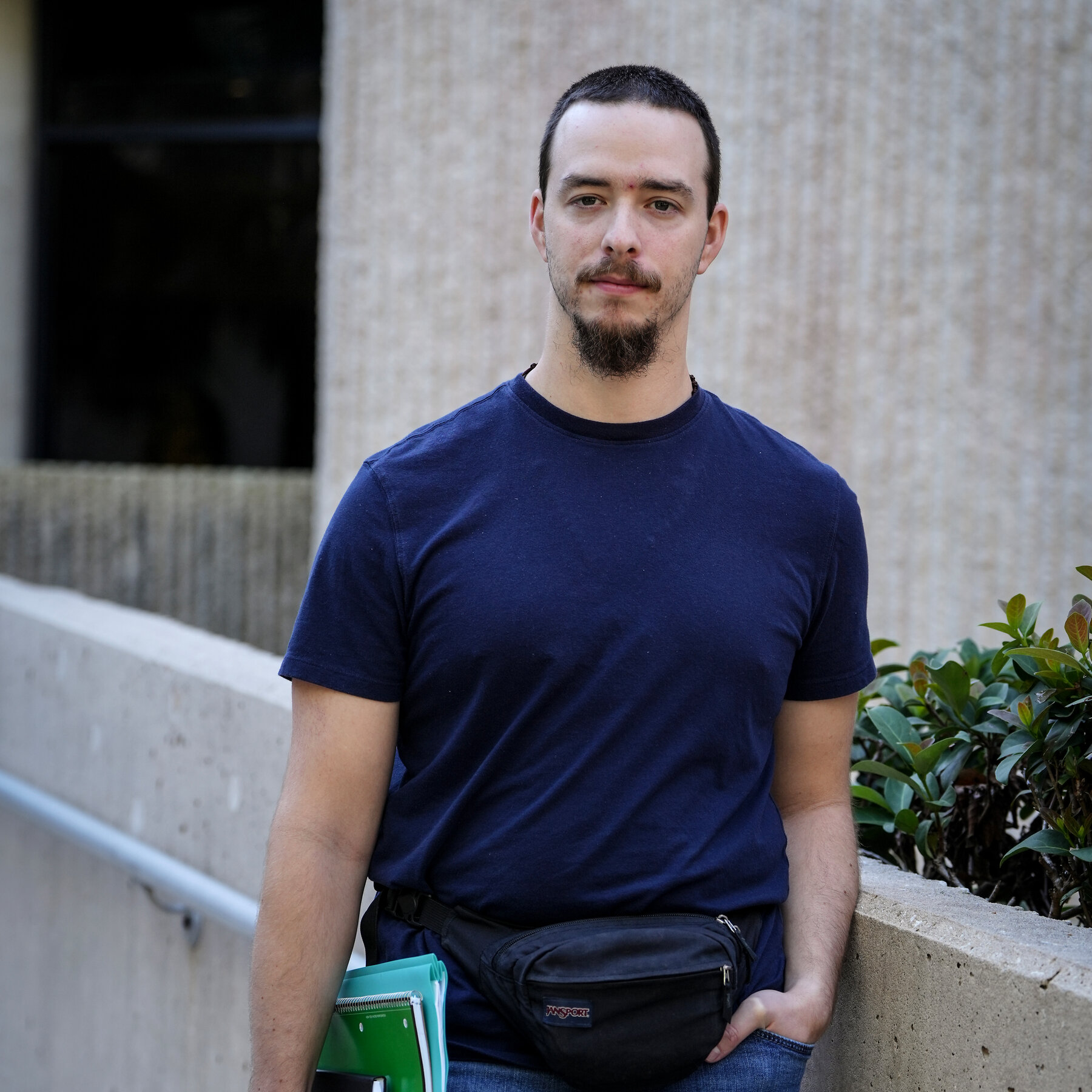Colleges and universities across the United States are experiencing significant financial and political pressures, which are impacting students in profound ways. Many students find themselves balancing academic responsibilities with jobs and family commitments, leading to heightened levels of stress. Additionally, the rise of artificial intelligence is transforming both study methods and teaching practices, further complicating the educational landscape. As graduation approaches, seniors are increasingly anxious about entering an uncertain job market, while ongoing political turmoil adds to their concerns.
According to a recent survey conducted by the New York Times, which included phone interviews with over 60 students from a variety of institutions—including community colleges, public universities, and private colleges—many students shared how these broader changes are affecting their college experience. Despite the challenges, students also highlighted positive aspects of their time in higher education, such as supportive professors, new friendships, access to health care, and the excitement of learning. A significant majority expressed confidence that their degrees would ultimately justify the costs associated with tuition.
Tuition Costs and Financial Pressures
The financial burden of attending college has become a pressing concern for many students. As Chris Martin, a 28-year-old student at Valencia College, noted, “College is expensive. You have to dedicate a lot of time to it, and it’s really hard.” The cost of a four-year degree can reach hundreds of thousands of dollars, representing a substantial investment for students and their families.
In response to these financial challenges, some elite universities have begun to enhance their financial aid offerings. Meanwhile, the Trump Administration has called for a freeze on tuition increases at colleges and universities, indicating a growing recognition of the need to address rising educational costs.
Despite these efforts, many students remain concerned about their financial futures. The combination of tuition fees, living expenses, and other costs can create significant stress, particularly for those who are already juggling work or family responsibilities.
Broader Educational and Social Changes
The impact of artificial intelligence on education has not gone unnoticed by students. As technological advancements continue to reshape study techniques and teaching methods, learners are adapting to a rapidly evolving academic environment. While some embrace these changes, others express apprehension about the implications for their future careers.
In addition to financial and educational concerns, students are grappling with feelings of isolation. Many report experiencing loneliness during their college years, which can exacerbate existing stressors. This emotional strain is compounded by the political landscape, which some students feel is turbulent and unpredictable.
Despite these challenges, students maintain a sense of optimism about their educational journeys. The New York Times survey revealed that a majority of participants appreciate the supportive atmosphere fostered by faculty members and the valuable connections formed with peers. They recognize that, although the path may be fraught with difficulties, the rewards of higher education can be substantial.
As these individuals navigate the complexities of their college experiences, it is clear that the pressures they face are multifaceted, intertwining financial, social, and technological elements. The ongoing discourse surrounding these issues will likely shape the future of higher education and the experiences of students in the years to come.





































































